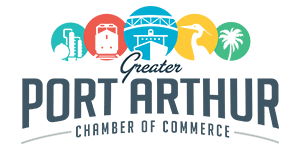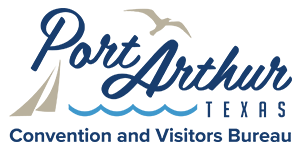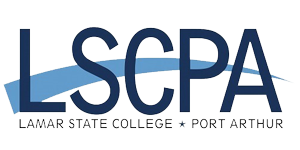In 1989 Port Arthur became one of the first cities in Texas to pass a 1/2 cent sales tax to support economic development.
The Economic Development Corporation of Port Arthur (PAEDC) is charged with administering sales tax revenues and is governed by a nine-member Board of Directors.
Our economic incentive packages are fully controlled at the local level and are not dependent on State or County approval. Every economic development incentive package is prepared to meet the best possible solution for your company’s relocation and / or expansion needs.
A company may qualify for assistance in one or more of the categories below:
Job Creation Incentives
Can range from $1,000 to more than $17,000 per full-time job dependent on salary and non-mandatory employee benefits.
Grants/forgivable loans & loan participations for capital investment
10% or more of capital investment costs (in lieu of tax abatement).
Assistance with land purchase
30% or more participation in land costs.
Grants for A&E for code compliance
25% or more of architectural & engineering services and cost of alterations to existing buildings for code compliance.
Job Training Grants
$500 or more per job upon completion of training and employee probation period.
Enterprise Zones
The purpose of the Texas Enterprise Zone Program is to encourage job creationand capital investment in areas of economic distress. The program provides communities with an economic development tool to offer state and local incentives and program priority to new or expanding business in these designated areas.
Training
The Skills Development Fund assists businesses and labor unions by designing, financing, and implementing customized job training programs in partnership with public community and technical colleges for new or existing jobs in local businesses.







